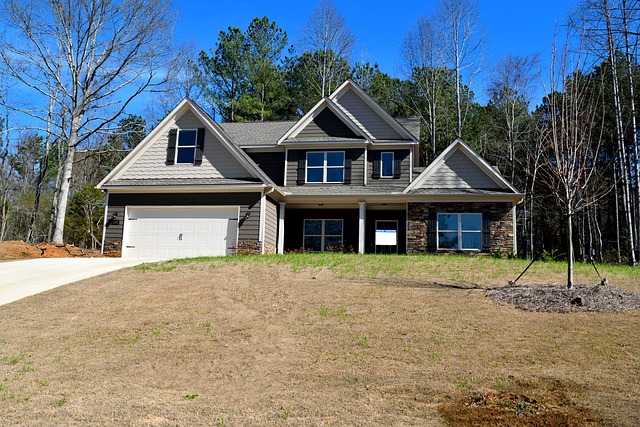Executive Condos in Singapore offer a unique housing blend of private apartments with public HDB flats, catering to families and individuals meeting specific income and ownership criteria. With sizes ranging from 85 to 120 sqm, these properties feature modern designs and high-end finishes, supported by government incentives. Understanding the strict eligibility criteria for Executive Condos (ECs) is crucial for prospective buyers, including income thresholds, PR status, occupancy period, age limits, and down payment requirements. ECs balance private living with HDB facilities but come at a higher price point than HDB flats, offering premium features and customization. Location and amenities vary between ECs in prime areas and HDB flats distributed across districts, impacting living experiences. Financial aspects like costs, loan financing, and maintenance fees differ significantly between the two options.
Looking to navigate Singapore’s housing market? This comprehensive guide delves into the allure of Executive Condos versus traditional HDB Flats. We explore the unique definition and key features of Executive Condos, dissecting their eligibility criteria in detail. Through a balanced comparison, we weigh the benefits and drawbacks of each option, focusing on location, amenities, and financial aspects like costs and loans. Gain insights to make an informed decision regarding your ideal home, especially considering the eligibility requirements for owning an Executive Condo.
- Understanding Executive Condos: Definition and Key Features
- Eligibility Criteria for Executive Condo Ownership: A Detailed Look
- HDB Flat vs Executive Condo: Comparison of Benefits and Drawbacks
- Location and Amenities: Where Do They Stand in the Market?
- Financial Aspects: Cost, Loans, and Maintenance Expenses Compared
Understanding Executive Condos: Definition and Key Features
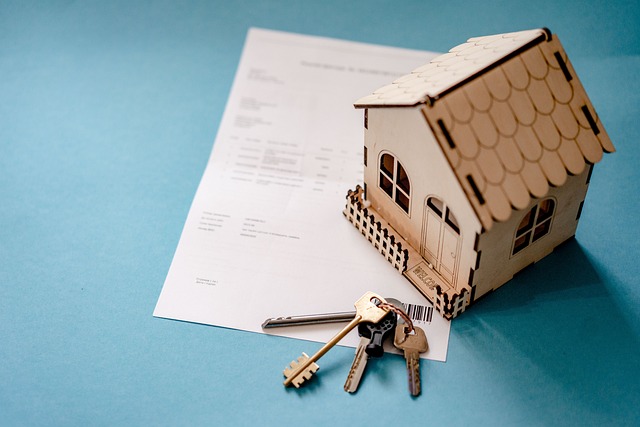
Executive Condos, a unique housing option in Singapore, are a cross between private apartments and public Housing Development Board (HDB) flats. These condos cater to a specific demographic, with eligibility based on income and home ownership criteria. Typically, an Executive Condo is targeted at families or individuals who meet the conditions set by the government, offering them a more affordable entry point into the private property market.
Key features distinguish these properties from regular condos. They are often located in prime areas, providing easy access to urban amenities. Size-wise, they usually range from 85 to 120 square meters, designed with modern layouts and high-end finishes. The government provides incentives and grants to developers and buyers, making them more financially accessible. This segment is ideal for those seeking a balance between private living and the convenience of HDB facilities.
Eligibility Criteria for Executive Condo Ownership: A Detailed Look
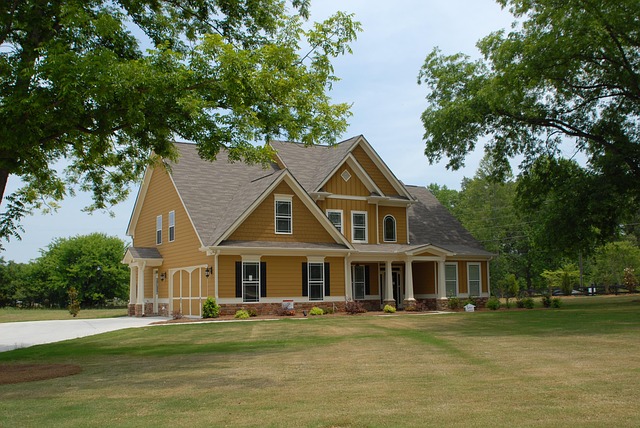
The eligibility criteria for owning an Executive Condo (EC) in Singapore is a key consideration for potential buyers. Unlike Housing Development Board (HDB) flats, ECs are private properties developed on government land under specific agreements. To qualify as an EC owner, applicants must meet several conditions set by the relevant authorities. One of the primary requirements is income thresholds; both individuals and couples need to earn above a certain level to be eligible, with higher limits for families with multiple dependants. These income criteria are designed to ensure affordability while maintaining a balance between public and private housing.
Additionally, applicants must have a valid Singapore Permanent Residence (PR) status and meet specific ownership restrictions. There’s usually a minimum occupancy period of 5 years before the property can be sold or rented out, promoting long-term commitment to living in the EC. Other considerations include age limits for first-time buyers and down payment requirements, which vary depending on the buyer’s financial situation and the specific EC project. Understanding these eligibility criteria is crucial for anyone interested in purchasing an Executive Condo, as it ensures a smooth application process and ownership rights.
HDB Flat vs Executive Condo: Comparison of Benefits and Drawbacks

When comparing an HDB Flat with an Executive Condo, understanding their benefits and drawbacks is crucial for prospective buyers. HDB Flats, a cornerstone of Singapore’s public housing system, offer affordability and accessibility with diverse floor plans catering to various lifestyles. They also come with the advantage of central government support, ensuring lower maintenance fees and potential grants or subsidies. However, HDBs often have stricter design guidelines and less flexibility in customization compared to Executive Condos.
Executive Condos, on the other hand, are private properties built on government land but designed to provide a more premium experience. They offer greater personalization with modern aesthetics and amenities, appealing to those seeking higher quality living. The Eligibility For Executive Condo is based on income and savings criteria, making them accessible to a select group of buyers. Yet, they generally come at a higher price point than HDBs, with potential drawbacks including less government support and a lack of the community feel often associated with public housing estates.
Location and Amenities: Where Do They Stand in the Market?
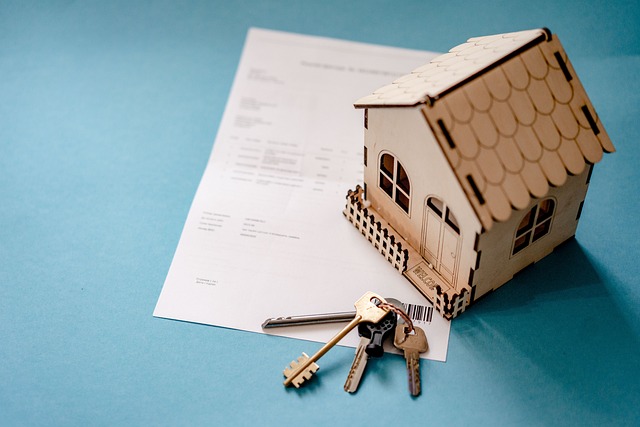
Location and amenities play a significant role in the appeal of any residential option, be it an Executive Condo or an HDB Flat. Executive Condos, as the name suggests, are often situated in prime locations within established towns or new developments. These areas typically offer easy access to top-notch facilities like shopping malls, schools, parks, and transportation hubs. The proximity to these amenities enhances the overall quality of life for residents.
In contrast, HDB Flats are known for their diverse distribution across Singapore’s various districts, offering a more localised living experience. While some HDB estates may lack the luxurious amenities found in Executive Condos, they make up for it with a strong sense of community and affordability. The Eligibility For Executive Condo requirements, such as income caps and property ownership criteria, are designed to ensure a specific standard of living, whereas HDB flats cater to a broader range of buyers based on their financial status.
Financial Aspects: Cost, Loans, and Maintenance Expenses Compared
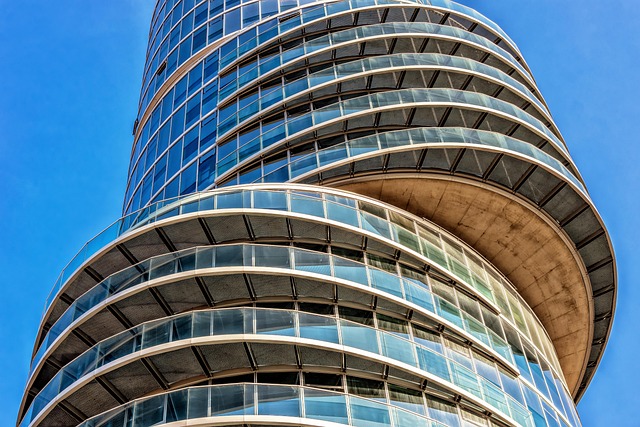
When comparing an Executive Condo to an HDB Flat, one of the most significant factors is the financial aspects, including cost and ongoing expenses. An Executive Condo offers a unique opportunity for home ownership with prices that bridge the gap between HDB flats and private condominiums. This makes it accessible to a wider range of buyers, especially those looking to upgrade from public housing. However, eligibility for an Executive Condo has specific requirements, such as income caps and a minimum purchase period after owning an HDB flat.
In terms of loans, both options generally offer similar financing options through banks or financial institutions. However, the smaller ticket price of Executive Condos may result in lower loan amounts and potentially shorter loan tenures. Maintenance expenses are also worth considering; while Executive Condos have lower common area charges than private condos, they still incur monthly maintenance fees. In contrast, HDB flats typically have minimal to no additional maintenance costs beyond the standard service and repair fees.
When considering an executive condo versus an HDB flat, understanding eligibility criteria for executive condos is key. With stricter requirements but offering premium features and benefits, these properties cater to a specific demographic. While financial aspects like cost and loans differ, the decision ultimately hinges on individual preferences, lifestyle needs, and long-term goals. By weighing the comparison of benefits and drawbacks, from location and amenities to maintenance expenses, prospective buyers can make an informed choice that aligns with their aspirations.
